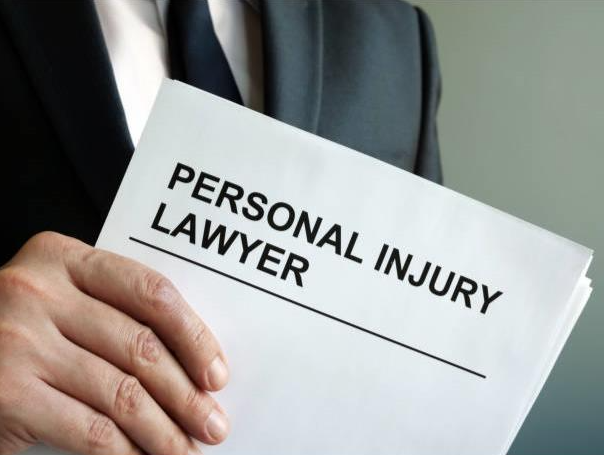
Determining the worth of your personal injury case is one of the most important steps in the entire process. If the value of your case isn’t properly calculated, you could end up with far less than what you deserve.
Worse yet, if your calculations are incorrect, you might not get enough compensation for the pain and suffering or emotional toll your injury has caused.
This guide will help you understand the main things that affect the value of your case, including key factors that are crucial to winning a negligence claim.
What is a Personal Injury Case?
Before we dive into how to determine the worth of a personal injury case, it’s important to first understand what a personal injury case is. In simple terms, a personal injury case arises when someone is hurt because of someone else’s negligence or carelessness.
These accidents can take many forms, but they all share the same underlying issue: someone else’s actions (or lack of action) caused harm to you.
Personal injury cases can happen in all sorts of situations, including:
- Car accidents
- Slip and fall accidents
- Medical malpractice
- Product liability
In any of these cases, the person or company responsible for causing the accident may be held liable for your injuries. When this happens, you can file a personal injury claim to seek compensation for what you’ve gone through.
Factors that Determine the Worth of a Personal Injury Case
Several factors determine the value of a personal injury case. Here are the key ones:
Medical Expenses
The first thing that comes to mind when it comes to injury cases is medical expenses. If you’ve been hurt, you’ve likely had to pay for doctor visits, hospital stays, surgeries, physical therapy, and prescription medications. These bills form the foundation of your claim’s value. The more extensive the medical treatment, the higher the compensation needed to cover those costs.
Also, if your injury requires ongoing medical care, future medical expenses need to be factored in as well.
Lost Wages
Let’s say you were supposed to make $500 for a week of work but couldn’t because of the injury. You could be entitled to receive that amount as part of your settlement.
In some cases, if your injuries prevent you from ever going back to work or require you to switch jobs, you might also be entitled to compensation for future lost wages.
Pain and Suffering
Unlike medical bills or lost wages, pain and suffering are more subjective. These are the emotional and physical tolls that an injury can take on you, and they’re often harder to measure. The pain you experience, the disruption to your daily life, and the emotional distress of dealing with a long recovery all fall under this category.
Property Damage
If your property was damaged in the accident, you can be compensated for those repairs or replacements. This can include things like fixing your car, replacing damaged personal items, or even paying for a rental car while your vehicle is being repaired.
Future Expenses
Sometimes, the effects of an injury don’t end after you’ve finished treatment or healed. If your injury is something that will require ongoing care, such as regular doctor visits, surgeries, physical therapy, or even assistive devices, you need to account for these future expenses as well.
These ongoing costs could be a huge part of the value of your case, and they should be included in the settlement calculation.
Who Can Help You Determine the Value of Your Personal Injury Case?
Determining the worth of your personal injury case isn’t something you should do on your own, especially if you’ve never been through the process before. It’s easy to miss key factors or accidentally accept a low settlement offer that doesn’t cover all your costs.
Your PI lawyer is your biggest ally when you have a PI case to file. They wear several hats and play several key parts in your journey to getting maximum compensation. One of their core duties is helping you determine the most suitable amount to ask as compensation. With the right understanding and legal guidance, you’ll be in a much better position to make sure your case is valued fairly and that you’re compensated for all the losses you’ve experienced.


